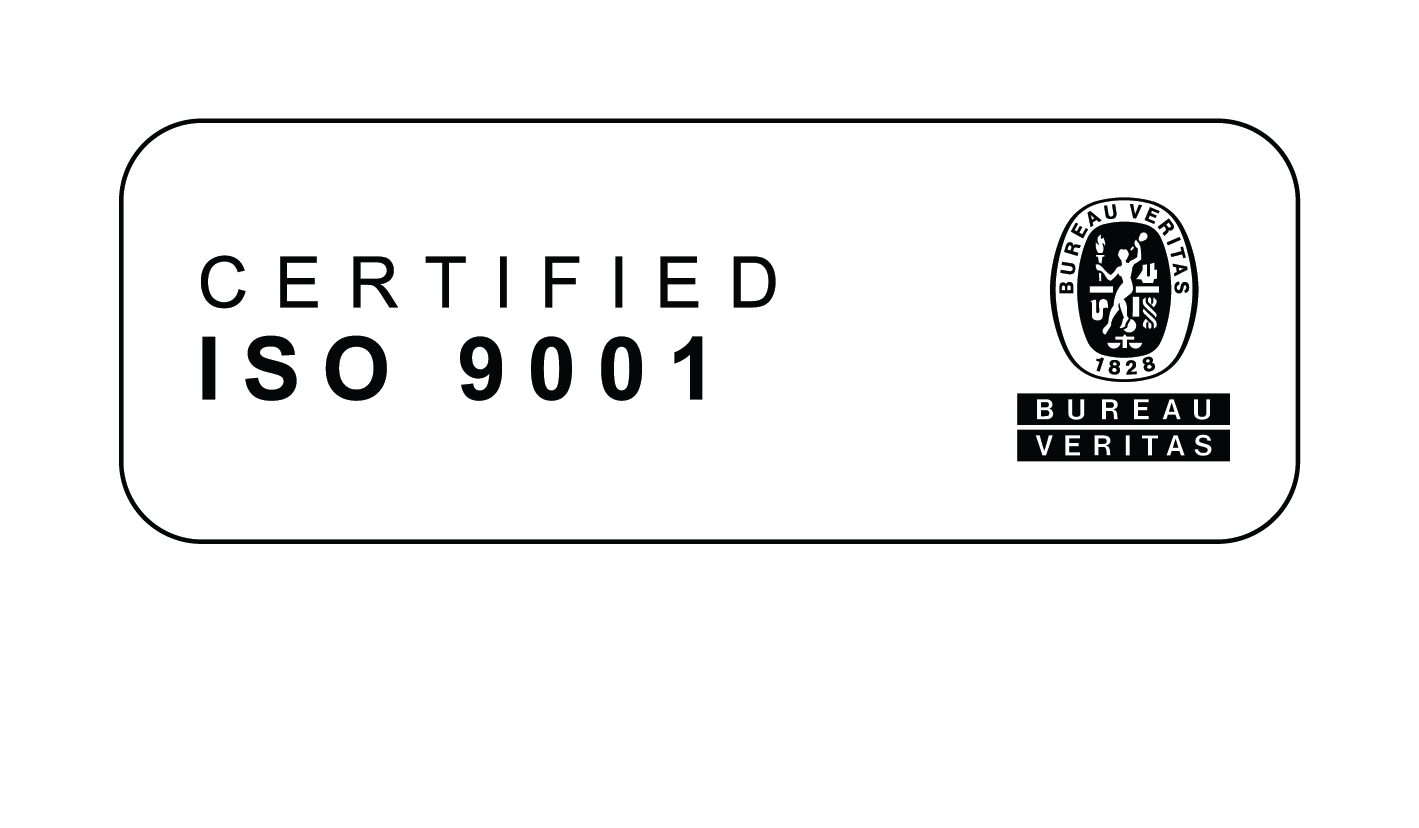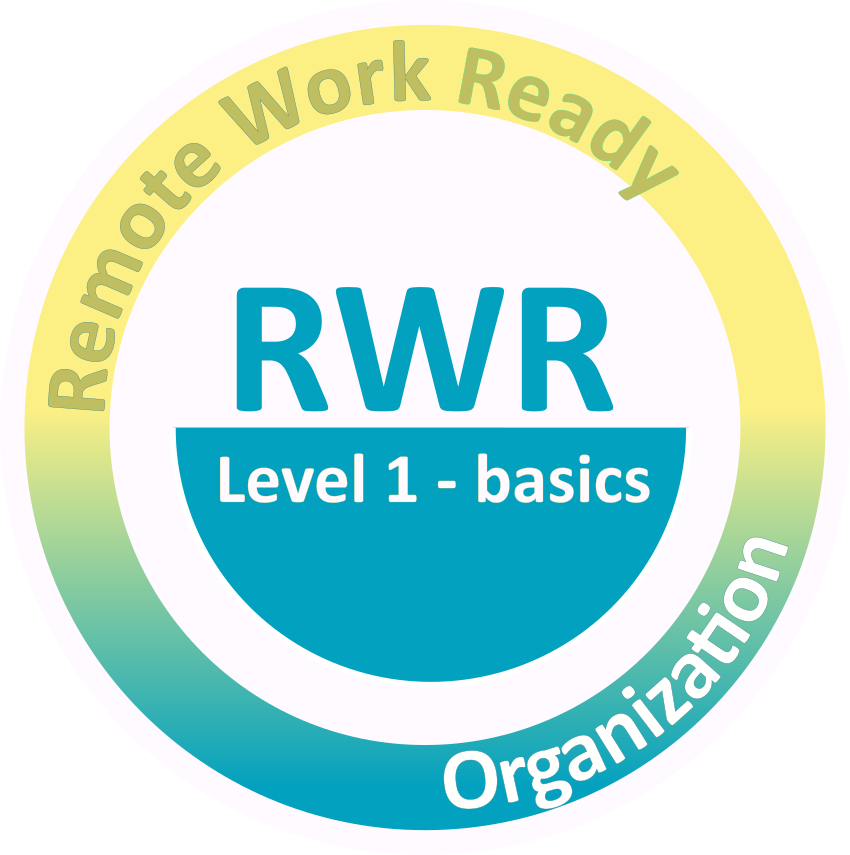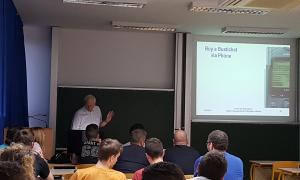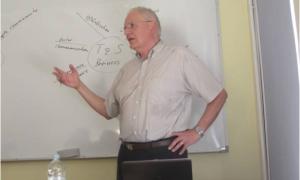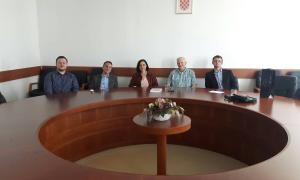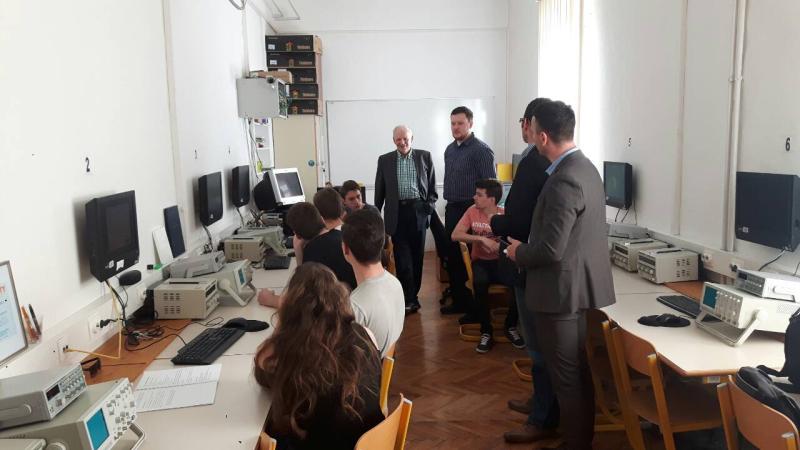
by Prof. Dr. Bernd Eylert
I took place in the Erasmus+ Mobility Programme at Polytechnic of Rijeka from 23-28. April 2018. At a general staff meeting with most colleagues of the Telematics and IT degree programme I learned what the Polytechnic of Rijeka is, how it works and which degree programmes are existing. We focussed then on the Telematics degree programme and exchange the different perspectives. Especially we exchanged our views on the content of the subjects Communication Technologies, IT-Security and Applied Mathematics and the impact, the telecommunication in general on national, inter- and supra-national societies has. In addition, I proposed to talk about the history of mobile communication, the development of the up to now four generations of mobile communication and a preview on the expected technological impacts on the Fifth Generation of mobile communication, the necessity of making detailed market studies and its impact on the frequency demand as well as a look into the interaction of Telecommunications and Society. The proposed programme structure was accepted by the Polytechnic of Rijeka and submitted during the week in Rijeka. The lecturing was a combination of presentations, single- and multi-interaction with the students and always followed by a Q & A session. The audience was a cross-section of 1st to 3rd year students, mainly of the dual degree programme of telematics and IT studies. Although a bunch of the specific content of the subjects was unknown, the students could follow the presentations on the whole with more difficulties for the 1st year students, because of their lack of fluent English language. But that wouldn’t be different if the presentation had been given in English language of instruction at Wildau University for German students.
Regarding the future, I think it might be easier to practice an exchange of lecturers between the two institutions than of students. The latter would mean, students must be fluent either in German or in Croatian language. Nevertheless, for future common research programmes, especially on EU-level, I see a good opportunity in co-operation.
Last but not least I would like to express my opinion that Erasmus+ Mobility programme is an absolutely necessary and useful programme to bring academic people of different EU-countries together. It could deepen the European idea of co-operation and transnationalism to avoid nationalism. As a former civil servant, businessman and an academic person deeply involved in different European projects over more than 20 years I know how important the education of young European people is to convince them of the idea of a common supra-national Europe, e. g. versus the British decision of Brexit.
